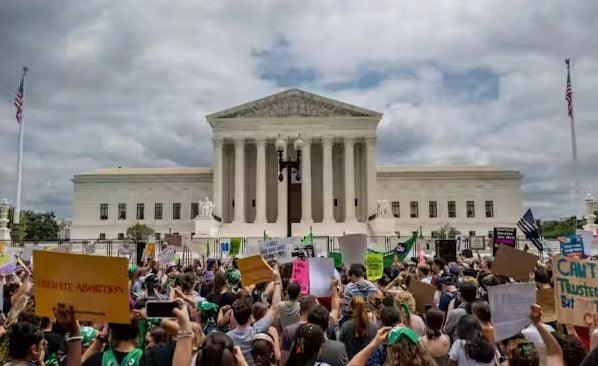
Variables of Political Fallout in the US
The current political divide in the United States is more pronounced than ever, with sharp contrasts between ideological and demographic lines. The 2024 election has further deepened these divisions, with each major party representing vastly different worldviews and policy priorities. The rise of candidates like Kamala Harris, who leans more left than Biden, and JD Vance, a conservative figure alongside Trump, highlights the widening gap in the American political landscape. This increasing polarization is not just about policy differences but also about fundamental differences in how people see the world and what they prioritize for the future of the country.
In a hypothetical scenario where a civil war or a prolonged loss of utilities and infrastructure occurs in the United States, the impact on society could be severe and multifaceted. Historically, in situations of extended crises, such as civil unrest or natural disasters, people's mental responses can vary widely. Fear, isolation, and the breakdown of social order can lead to heightened stress, anxiety, and even PTSD among affected populations. Research shows that in survival situations, individuals often experience a "fight or flight" response, which can lead to either proactive measures for self-preservation or debilitating fear that hampers sound decision-making.
If utilities and infrastructure were to collapse, it would severely impact major U.S. operations, from government functions to healthcare and transportation. The loss of power, water, communication networks, and transportation could lead to chaos, with significant disruptions in supply chains, law enforcement, and emergency services. Economic activities would grind to a halt, potentially leading to widespread unemployment and economic collapse. The consequences would be particularly dire in urban areas, where populations are dense and rely heavily on consistent infrastructure support.
In such scenarios, access to secure, offline data for survival becomes crucial. When digital and communication networks fail, having offline access to critical information on survival skills, healthcare, and local resources can be lifesaving. This is where tools like The Omega Drive, which provides a wealth of information on various survival-related topics without the need for an internet connection, could become invaluable. In an environment where digital access is compromised, possessing a robust, offline knowledge base ensures that individuals and communities can maintain some degree of self-reliance and resilience. This could include guides on creating makeshift shelters, sourcing clean water, basic medical procedures, and understanding local geography and climate for survival.
As the political divide in the U.S. continues to widen, reflecting deeper social and cultural rifts, a civil war or extended infrastructure loss would exacerbate societal tensions. Making preparedness, access to secure offline data, and mental resilience key to surviving such a crisis. The importance of these measures becomes evident when considering the potential chaos and breakdown of societal norms in a nation already grappling with deep-seated divisions.
